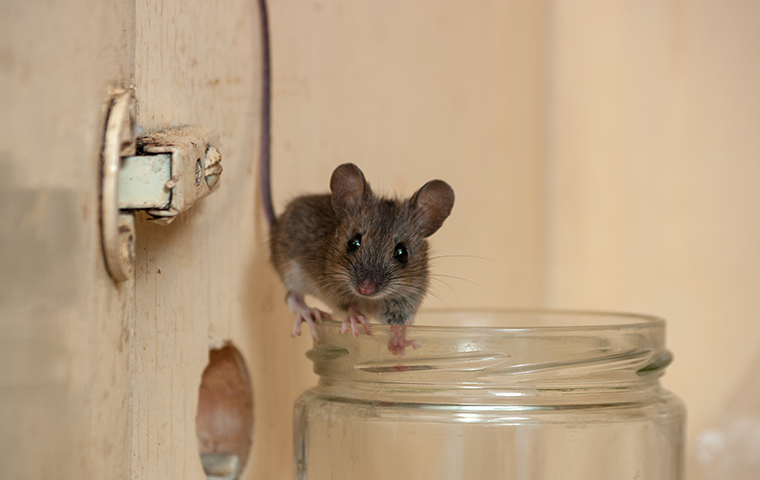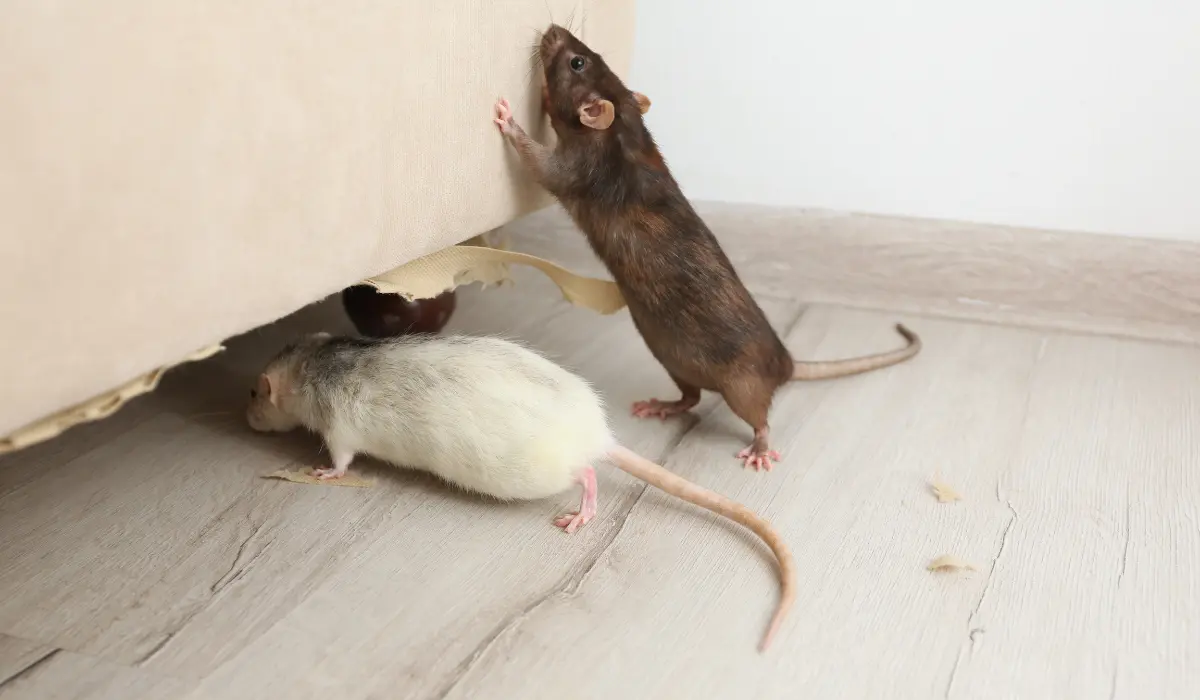In the dynamic realm of short term rentals, it's vital to keep your property free from pests. Whether you're overseeing a snug cabin in a secluded area or a trendy apartment in the heart of the city, the importance of a pest-free environment cant be exaggerated. It's about more than just cleanliness; its about ensuring your guests feel safe and comfortable during their stay.
As a property owner or manager, you might be seeking effective strategies to implement pest-proof storage in your rental. With the right practices, you can protect your investment and improve guest experiences significantly.

The Significance of Pest-Proof Storage
Ensuring pest-proof storage is essential for safeguarding your possessions and investment. Pests can wreak havoc, damaging furniture, fabrics, and even the structure of your property. Such damage can lead to expensive repairs and replacements, not to mention potential income loss if your rental becomes uninhabitable.
Additionally, pest sightings can result in negative reviews from guests, harming your rentals reputation. Nobody wants to stay in a place where they encounter rodents, insects, or other unwelcome guests. Thus, maintaining a pest-free environment is crucial for building and sustaining a positive image.
Recognizing Common Pests in Short Term Rentals
To devise an effective pest-proof storage plan, its important to know the types of pests that commonly invade rental properties. Common culprits include:
- Rodents: Mice and rats are infamous for infiltrating homes, particularly during colder seasons. They can damage walls, wires, and food supplies, leading to significant issues.
- Insects: Cockroaches, ants, and bed bugs frequently invade rental spaces. Once established, they can be tough to eliminate.
- Termites: These pests are particularly destructive as they consume wood, jeopardizing the structural integrity of your property.
Practical Strategies for Pest-Proof Storage
To keep your short term rental pest-free, consider implementing these strategies:
1. Conduct Regular Inspections
Make it a habit to regularly inspect your property for any signs of pest activity. Look for droppings, chewed materials, or nests. Early detection can stop a minor issue from becoming a major infestation.
2. Seal All Entry Points
Pests often slip in through tiny cracks and gaps. Seal these entry points with caulk or other suitable materials. Pay special attention to areas around windows, doors, and utility lines.
3. Store Food Properly
Ensure that all food is kept in airtight containers to avoid attracting pests. This includes food stored in kitchens as well as in other areas.
4. Utilize Professional Pest Control Services
Hiring a professional pest control service can significantly help in keeping your property pest-free. They can offer regular treatments and provide valuable advice on maintaining a pest-free environment. For further tips, be sure to check out non-toxic repellents for more detailed guidance.
How to Maintain a Pest-Free Environment
Once you've established pest-proofing measures, it's crucial to maintain a clean and clutter-free atmosphere. Regular cleaning, proper waste disposal, and ensuring the exterior of your property is well-kept can greatly help in deterring pests.
Engaging with your guests and encouraging them to report any pest sightings promptly can also be a proactive approach. Clear communication can prevent small issues from escalating, showing your guests that you prioritize their comfort and safety. For more helpful insights, consider exploring DIY rodent control ideas for your kitchen.
For additional information on maintaining pest-free rentals, visit Airbnb help.
Conclusion
In the competitive landscape of short term rentals, providing pest-proof storage is indispensable. By adopting proactive measures and staying vigilant, you can protect your investment, enhance guest satisfaction, and uphold a stellar reputation. Remember, a pest-free property isn't just about cleanliness; it's about creating a safe and enjoyable experience for your guests.

FAQs
1. What pests are most common in short term rentals?
The most common pests found in rentals include rodents, cockroaches, ants, and termites.
2. How frequently should I conduct pest inspections?
It's advisable to carry out pest inspections at least once every three months, or more often if your property has a history of pest problems.
3. Can I manage pest control on my own?
While you can address some minor pest issues yourself, it's best to hire a professional pest control service for comprehensive management strategies.
